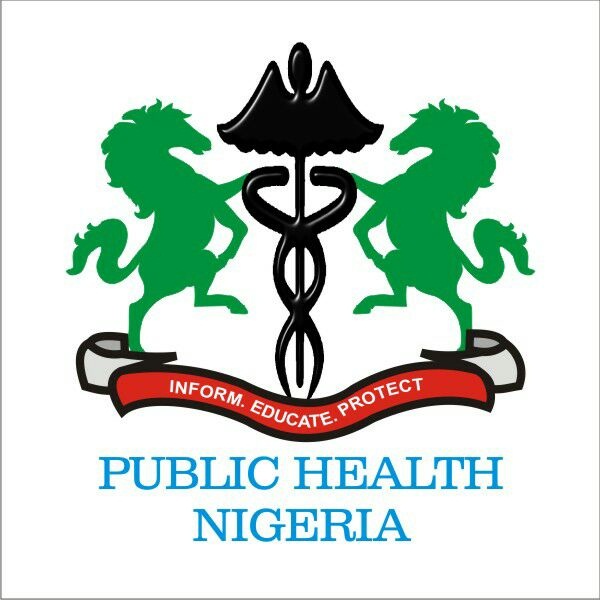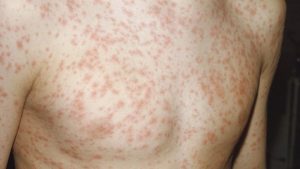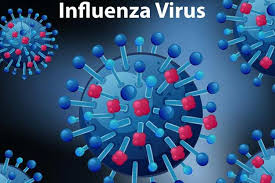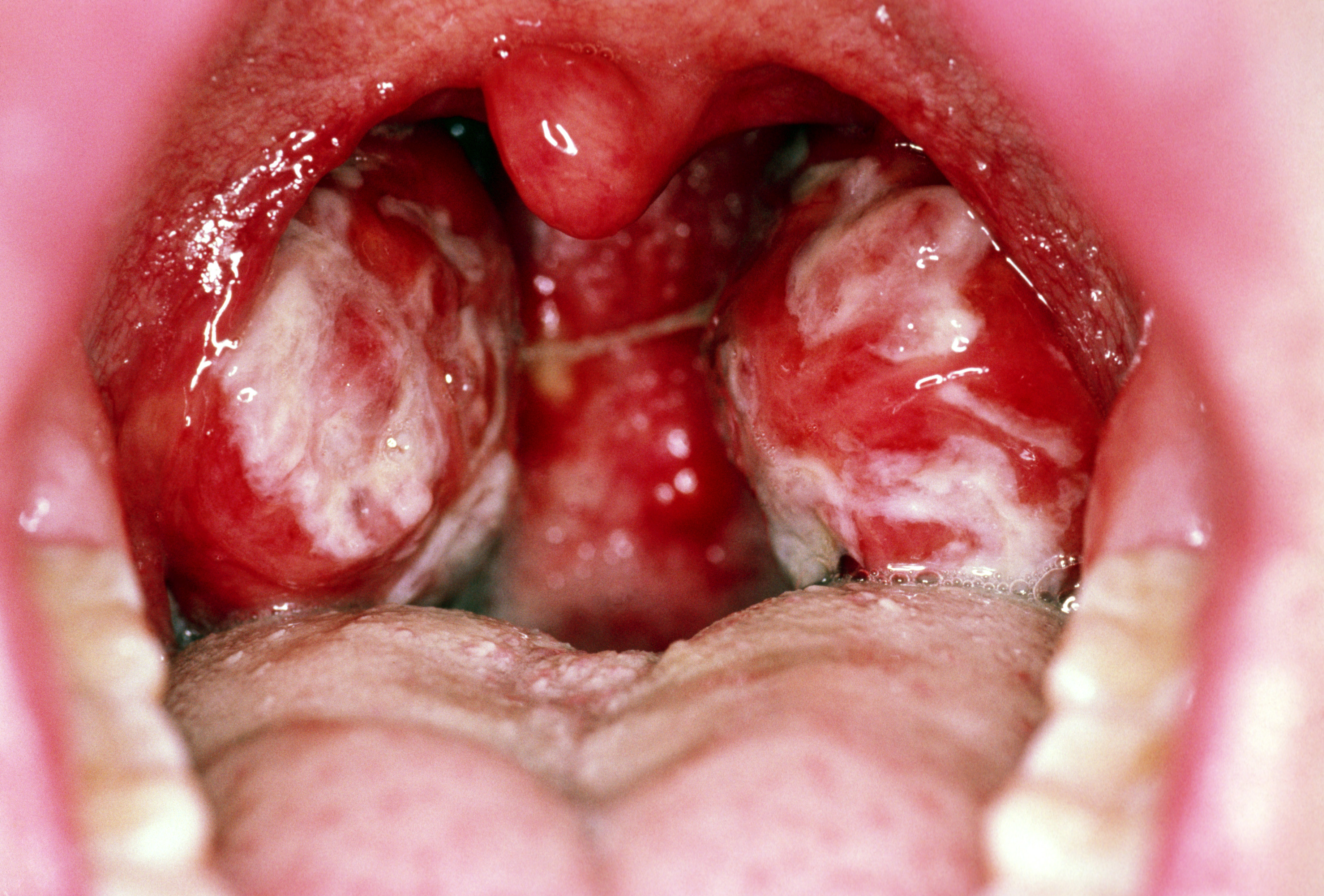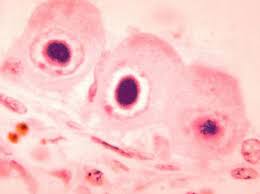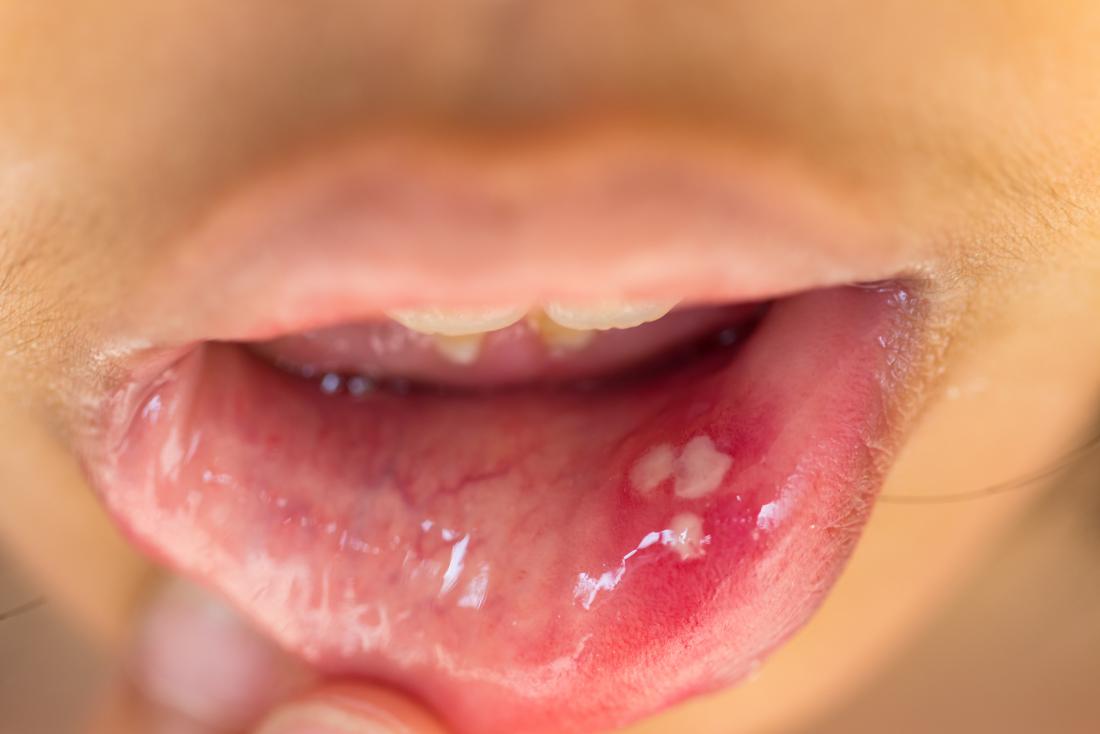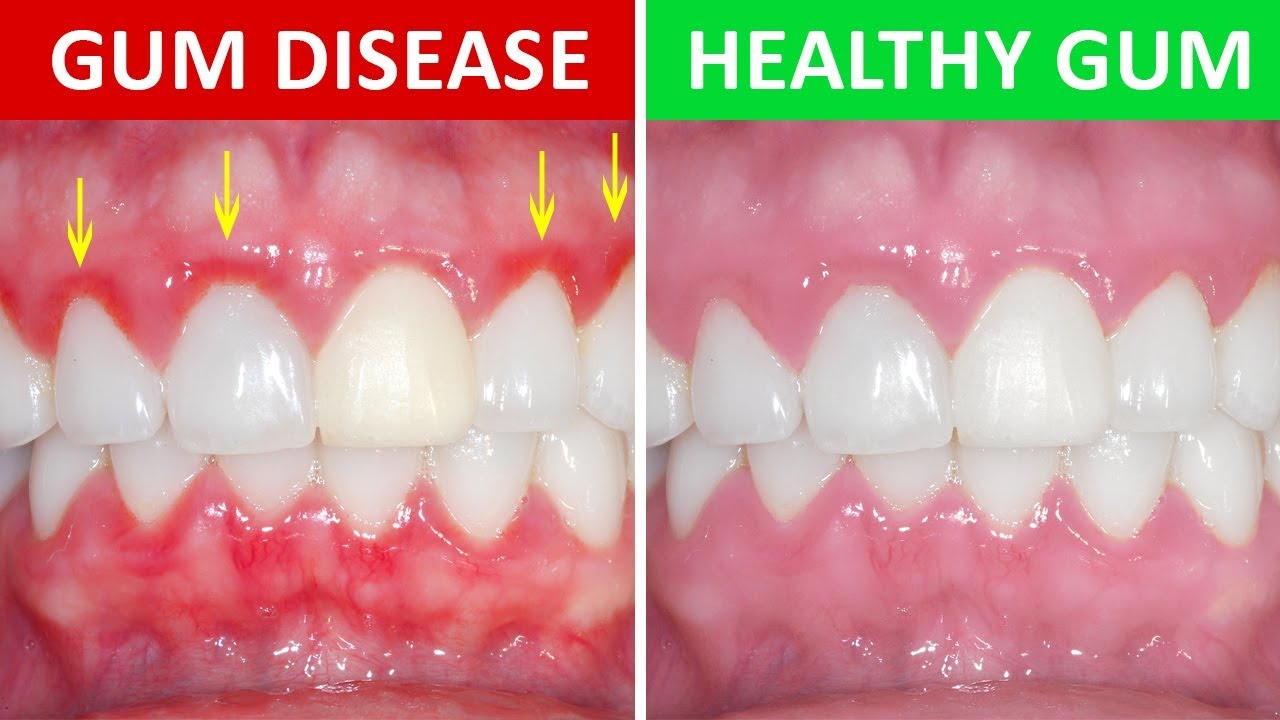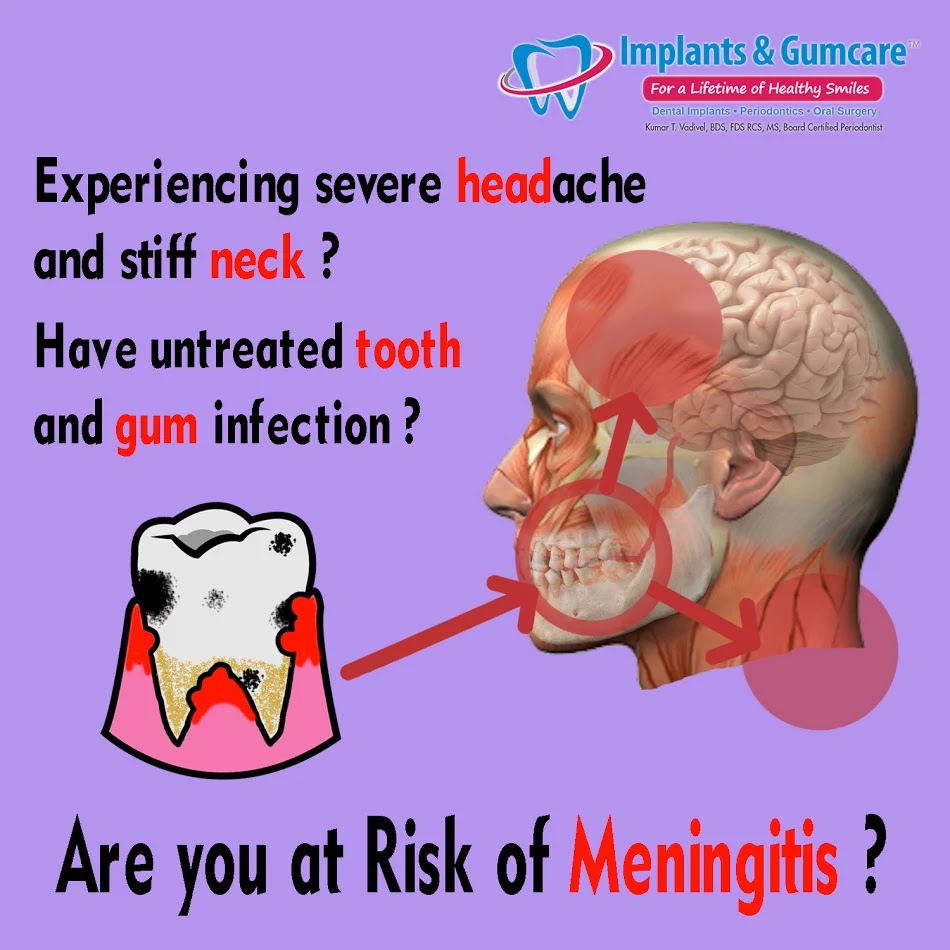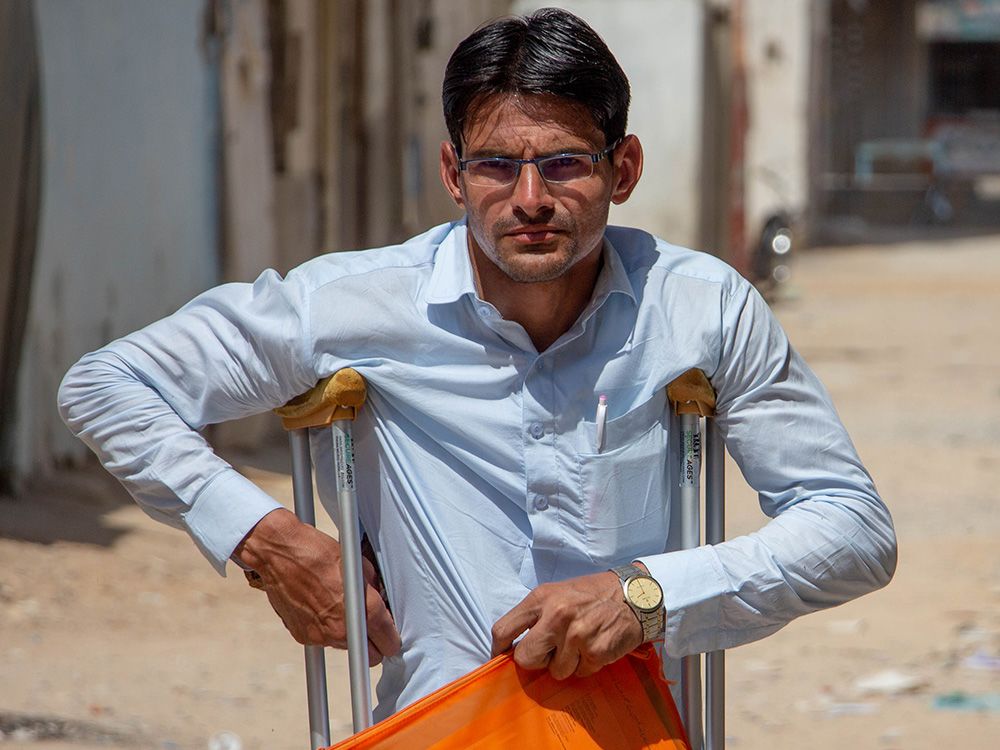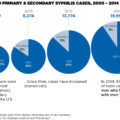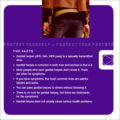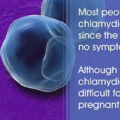Kissing causes a chemical reaction in your brain, including a burst of the hormone oxytocin. It’s often referred to as the “love hormone,” because it stirs up feelings of affection and attachment. Kiss on the cheek: transmits affection, support, and complicity, regardless of physical attraction. Kiss on the lips: implies passion, and may mean “I love you” or “I want to date you.” If it is carried out very quickly, just barely touching one another’s lips, it may mean simply friendship. However, kissing can also be a source of transmitting infectious agents from one person to the other. Your mouth is home to hundreds of different microorganisms. Infectious organisms can work their way from your saliva into your nose, throat, and lungs. According to science daily, An intimate 10-second kiss can transfer over 80 million bacteria. Available information from the Centers for Disease Control and Data from the World Health Organization indicates that over ten diseases are transmitted through saliva. These diseases are:
Mumps: Mumps is a viral infection that affects the salivary glands, causing them to swell. It usually spreads via airborne droplets from the nose or throat of an infected person. Easily preventable by vaccine, this disease is no longer as common as it once was, though outbreaks in unvaccinated groups still sporadically occur. Symptoms typically include fever, headache, muscle aches, fatigue, and loss of appetite. Recovering from mumps takes about two weeks, and treatment usually focuses on relieving the symptoms. Complications are more frequent in adults than children, the most common are: Orchitis – testicles swell and become painful, this happens to 1 in 5 adult males with mumps.
Rubella: Also known as the German measles, rubella is a contagious disease caused by a virus transmitted through an infected person’s sneeze or cough. Symptoms only show up in half of the people who get rubella and are usually mild. They include fever and rash and clear up in two to three days. Pregnant women who contract rubella are at risk for miscarriage or stillbirth, and their developing babies are at risk for severe birth defects with devastating, lifelong consequences. Congenital Rubella Syndrome (CRS) can affect almost everything in the developing baby’s body. The most common birth defects from CRS can include Deafness. The rubella vaccine can prevent this disease.
Influenza: Influenza is spread from person to person, usually via droplets made when people with the flu cough, sneeze, or talk. People can infect others with the flu virus one day before they have symptoms and up seven days after becoming sick. Symptoms include fever, cough, sore throat, body aches, and fatigue. Most people recover on their own in less than two weeks. The flu is a highly seasonal disease that can often be prevented by getting an annual flu vaccine. According to the Centers for Disease Control and Prevention (CDC), an uncomplicated influenza infection will last from three to seven days in most people, including children. However, cough and feelings of weakness or fatigue can last for two weeks or longer.
Mononucleosis: This disease, usually caused by the Epstein-Barr virus (EBV), spreads through saliva and is often referred to as “mono” or “the kissing disease.” Symptoms are very similar to those of the flu and include a fever, sore throat, fatigue, muscle weakness, and swollen lymph glands.
The infection and related symptoms usually last anywhere from one to two months. Young people between the ages of 15 and 30 and those who regularly come into contact with a lot of people are the most at risk. While no treatment for mononucleosis exists, resting, staying hydrated, and taking over-the-counter pain medications often help. You can pass the virus to other people through your saliva for up to three months after your symptoms subside. Some studies have reported that you may still be contagious for up to 18 months.
Cytomegalovirus: Cytomegalovirus (CMV) is a virus in the herpes family. This disease spreads through saliva, as well as through blood, urine, semen, and breast milk. Like all herpes viruses, CMV can remain dormant in the body for long periods of time, especially if you’re healthy. Though this virus can infect almost anyone, symptoms usually appear in those with compromised immune systems. Symptoms can include fatigue, fever, muscle aches, and, in more serious cases, pneumonia, encephalitis, seizures, and visual impairment. While there’s no cure for CMV, treatment for the virus generally isn’t needed in healthy children and adults.
Hepatitis B and Warts: kissing may also transmit this virus, although blood has higher levels of this virus than saliva. Infection can occur when infected blood and saliva come into direct contact with someone else’s bloodstream or mucous membranes. (Mucous membranes line various body cavities including the mouth and nose.) A person is more likely to be infected when kissing if they have open sores in or around the mouth. in addition warts in the mouth can also be spread through kissing, especially if there are areas of recent trauma.
Gum Disease: Bacteria, mucus, and other particles constantly live in our mouths and can build up to form plaque. Brushing and flossing help get rid of plaque, though if not cleaned thoroughly, plaque can build up under the gum line and cause gum disease. Though gum disease (also known as periodontitis and gingivitis) does not spread through kissing, the bad bacteria that cause it can. Brushing and flossing your teeth regularly is your best defense.
Meningitis: Many types of viruses can cause viral meningitis, which is serious but less severe than bacterial meningitis. This disease can be spread from one person to another via respiratory secretions. Symptoms include fever, headache, stiff neck, nausea, and vomiting. Though there are no medications for viral meningitis, people with healthy immune systems usually get better on their own.
Polio: Polio is a highly infectious viral disease that primarily affects young children. The virus spreads from oral contact or through contaminated food and water. Once in the intestine, it can invade the nervous system and cause paralysis. Symptoms include fever, limb pain, fatigue, headache, and stiffness in the neck. While there is no cure for polio, it has been largely eradicated in the developed world. and is a routine immunization given in childhood. Apart from permanent disability Polio can also cause death, usually by paralyzing the muscles used for breathing. It paralyzed and killed thousands of people every year before the polio vaccine was introduced in 1955. There is no cure for polio infection, but it can be prevented by vaccination.
Prevention of infection while kissing
There are a number of things you can do to reduce the risk of passing on or catching, an infection while kissing. You should try to:
- Avoid kissing when you or the other person is sick.
- Avoid kissing anyone on the lips when you, or they, have an active cold sore, warts, or ulcers around the lips or in the mouth.
- Maintain good oral hygiene.
- Cough and sneeze into a hanky if you have a cold.
- See your doctor about immunizations. Vaccines are available to prevent some infectious diseases, such as chickenpox, hepatitis B, and group C meningococcal infection.
Health benefits of Kissing
It’s not all doom and gloom. Research into passionate kissing has uncovered many valuable health benefits, including:
Emotional bonding – kissing your partner is a fun, pleasurable, and important part of physical intimacy and helps maintain a sense of togetherness and love.
Stress reduction – kissing your partner, either tenderly or passionately, releases calming brain chemicals (neurotransmitters) that reduce stress levels and soothe the mind.
Foreplay – deep kissing your partner can lead to sexual intercourse. Various studies show that sex enhances a person’s physical and mental health. For example, regular sex is protective against stress and depression.
Metabolic boost – kissing burns kilojoules. The more passionate the kiss, the greater the metabolic boost.
Healthier mouth – saliva contains substances that fight bacteria, viruses, and fungi. Deep kissing increases the flow of saliva, which helps to keep the mouth, teeth, and gums healthy.
Increased immunity – exposure to germs that inhabit your partner’s mouth strengthens your immune system.
Support Public Health by sharing this article on WhatsApp, Facebook, Twitter, or other social media platforms
